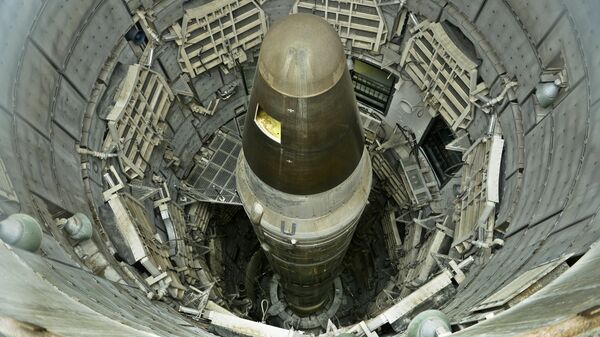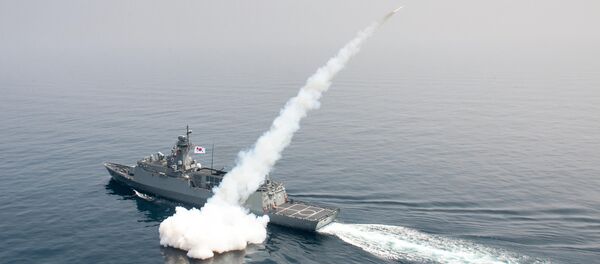"At the start of 2017 nine states — the United States, Russia, the United Kingdom, France, China, India, Pakistan, Israel and the Democratic People’s Republic of Korea (DPRK, North Korea) — possessed approximately 4150 operationally deployed nuclear weapons. If all nuclear weapons are counted, these states together possessed a total of approximately 14 935 nuclear weapons, compared with approximately 15 395 in early 2016," the SIPRI's annual fact sheet read.
The report stressed that even though there had been a considerable decrease since the 1980s, when the global nuclear inventories had reached almost 70,000 warheads, none of the nuclear weapon-possessing states intended to significantly cut their arsenals.
"Neither Russia nor the USA — which together account for nearly 93 per cent of nuclear weapons in the world — has indicated that it will make further reductions in its strategic nuclear forces beyond the modest cuts mandated by the 2010 Treaty on Measures for the Further Reduction and Limitation of Strategic Offensive Arms (New START). Furthermore, both Russia and the USA have extensive and expensive modernization programmes under way for their remaining nuclear delivery systems, warheads and production facilities… The nuclear arsenals of the other nuclear weapon-possessing states are considerably smaller, but all are either developing or deploying new weapon systems or have announced their intention to do so," the SIPRI said.
According to the institute, India and Pakistan have been expanding their nuclear weapon inventories and developing new missile systems, while China has focused on qualitative improvements of their nuclear warheads, and North Korea and Israel have been testing ballistic missiles. The study noted that the US authorities were planning to spend $400 billion in 2017-2026 to maintain and modernize its nuclear forces, adding that, according to some estimates, Washington may spend up to $1 trillion by the mid-2040s on its nuclear modernization programs.
The Stockholm-based SIPRI is an independent international institute established in 1966 dedicated to research into arms control, disarmament and conflicts.




